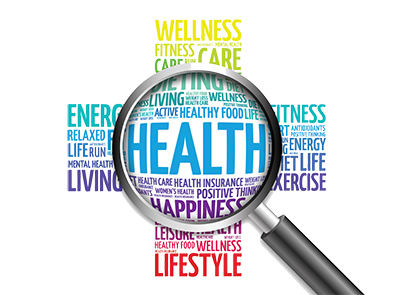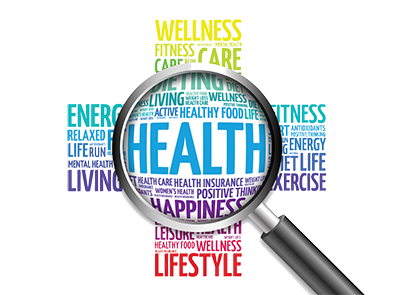Omega-3 Fatty Acids: Slowing Down the Aging Clock at a Cellular Level Did you know that omega-3 fatty acids could slow down the aging process at a molecular level? A study by cardiologists from San Francisco General Hospital, published in the medical journal JAMA,...
Can Vegans Build Muscle as Effectively as Meat Eaters?
Can Vegans Build Muscle as Effectively as Meat Eaters? The Role of Vitamin B12 While everyone seems to constantly worry about where vegans or those on predominantly plant-based diets get their protein, a recent study offers an interesting perspective on the issue. A...
Eat Your Damn Broccoli!
The Cancer-Fighting Potential of Ordinary Broccoli: What This Recent Research Says Broccoli has long been know as a health food or superfood, especially for its potential to lower cancer risk. A new review and meta-analysis has brought together a bunch of research on...
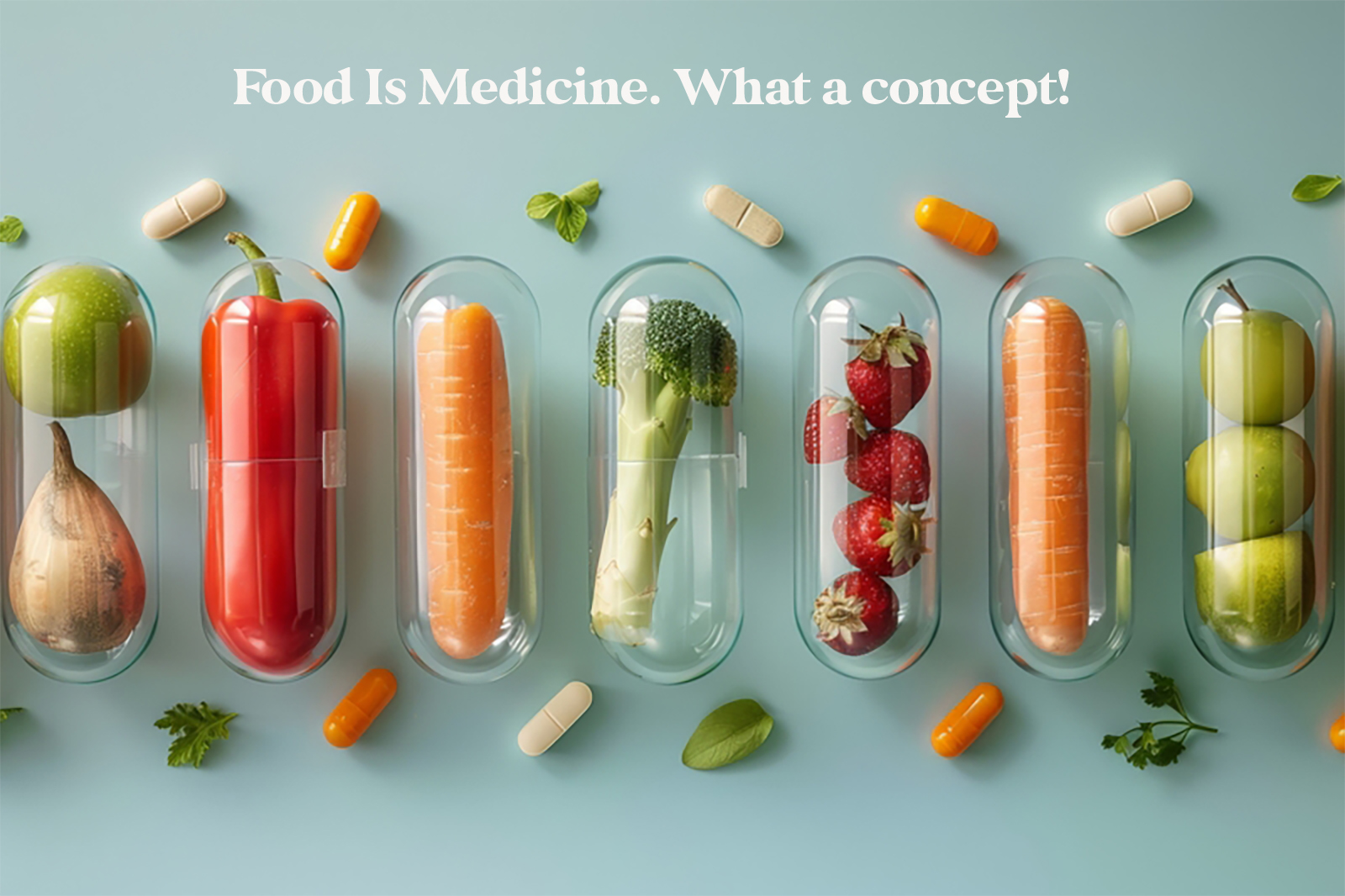
Since 2012, the so-called claims legislation has been in effect in the EU, which limits companies that sell food and dietary supplements in how much they can say about the effects of their products. Only a limited number of claims are allowed, namely 250 in total. The purpose of this legislation is to protect consumers from misleading information and to ensure that claims are based on scientific evidence. This is, of course, a positive objective! However, a less desirable, and perhaps unintended, side effect is that a wealth of valuable information remains underexposed because of this. In databases like PubMed, more than 20,000 articles are published annually on nutrition, nutrients, and their interactions with the body.
These publications range from clinical studies and meta-analyses to in vitro and animal studies. Although there are hundreds of thousands to millions of studies of varying quality available in public databases, in practice, very few health claims are approved. This is because companies need to invest a significant amount of time, money, and scientific expertise to submit and get a claim approved. Since natural products cannot be patented or protected, companies cannot recover the costs of this process. As a result, many potential claims are never submitted, despite the available scientific literature. This is particularly costly for small and medium-sized companies.
This is why you will never see approved health claims for natural products like strawberries, ginger, or broccoli, but you will for processed products like margarine and baby formula. The products that deserve the most health claims often don’t have them, because the cost of approval does not outweigh the economic benefits, and the profit margins on unprocessed products are lower.

Whole foods (like fruits, vegetables, beans, nuts, and grains) that are naturally rich in vitamins, minerals, fiber, or antioxidants are the foods that would deserve health claims the most, yet they typically don’t have them!
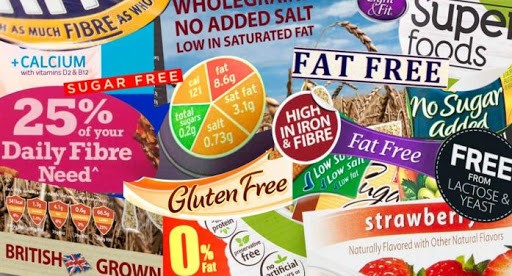

Amazing Turmeric
While turmeric’s anti-inflammatory power is impressive, another compelling benefit is its potential to improve brain health, specifically in fighting neurodegenerative diseases like Alzheimer’s. Curcumin may help by crossing the blood-brain barrier and reducing inflammation and oxidative stress in brain cells. Studies also suggest it can boost levels of BDNF (brain-derived neurotrophic factor), a protein linked to improved memory and mood and potentially slowing cognitive decline. Although more research is still needed, this brain-protective potential is one reason turmeric stands out in the world of natural health supplements.
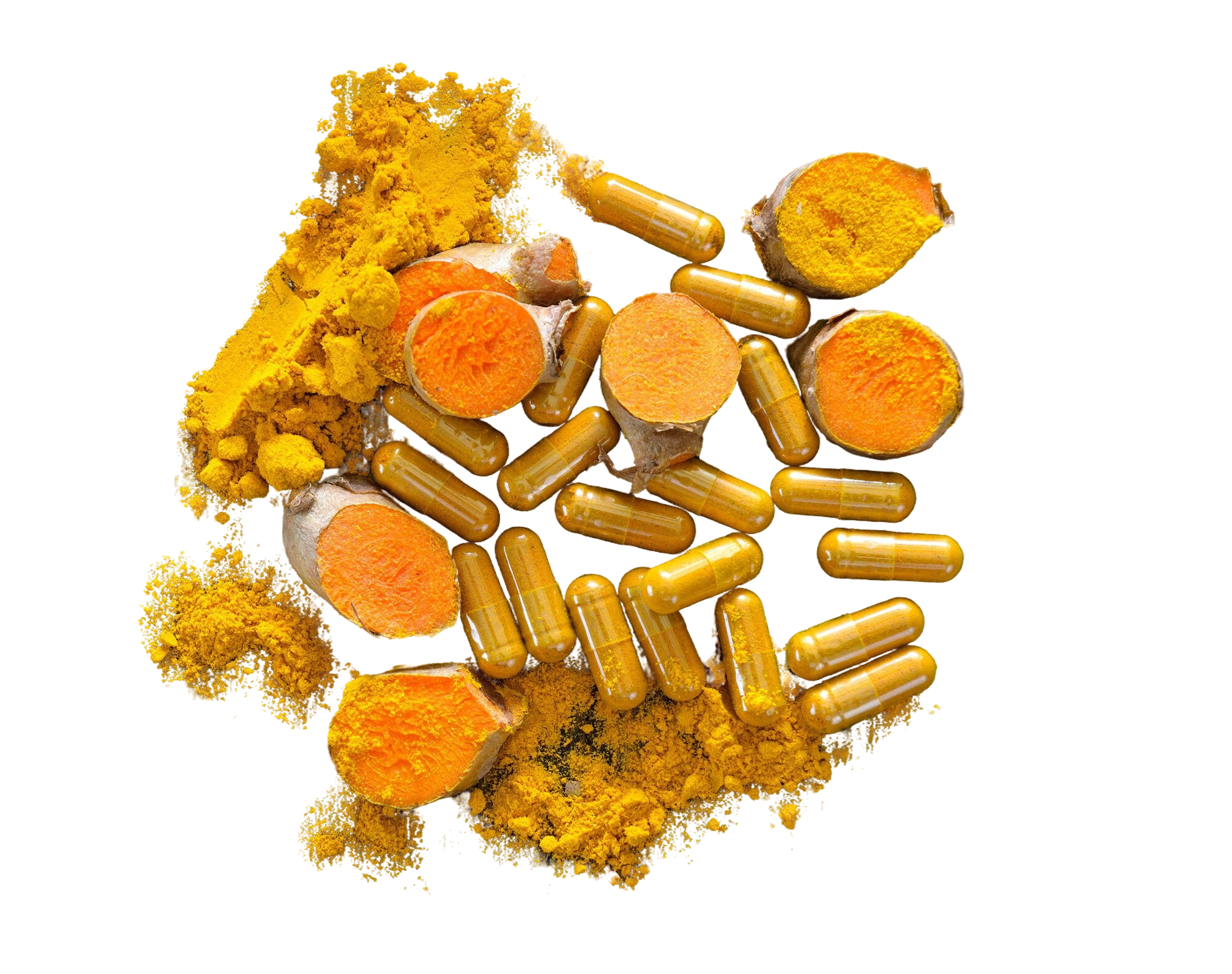
“The food you eat can be either the safest and most powerful form of medicine or the slowest form of poison.”
The potential medicinal properties of natural foods are, in any case, completely absent from the ultra-processed foods that now fill 70% of our supermarkets. That much is certain! We find the information we encounter in the scientific literature about nutrition to be truly fascinating. That’s why we share our findings on our site, www.propernutrition.blog By spreading this information, we hope to inspire you and encourage a more varied and healthier diet!
Follow Us
